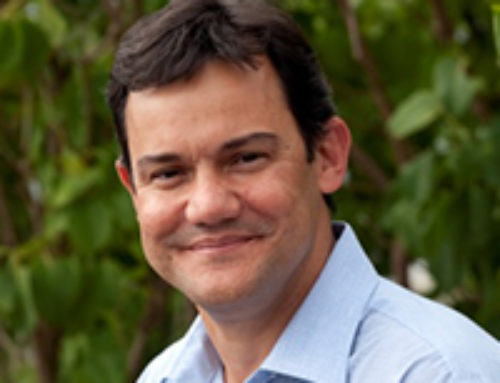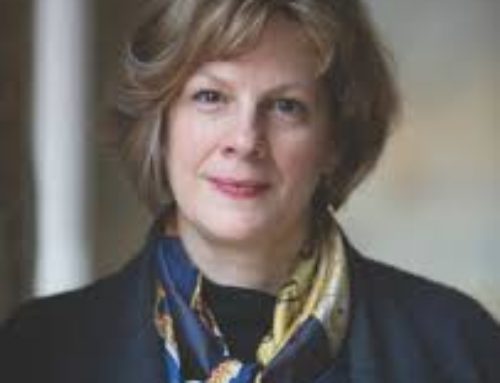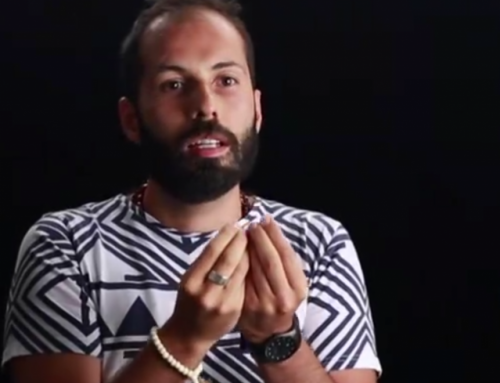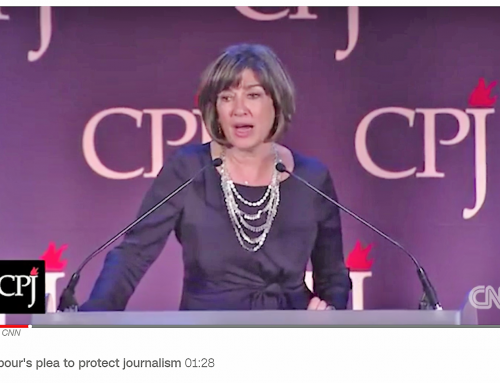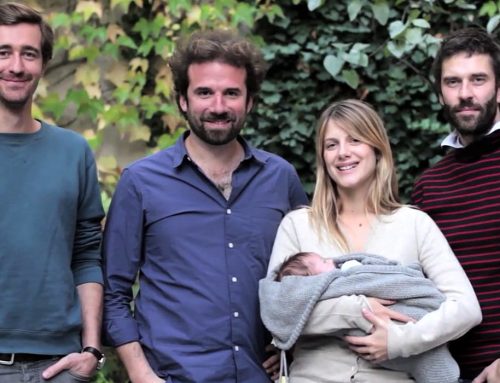The publication of the “The Next Era of Corporate Disclosure” in March 2016 was only possible because of some very forward looking partners. A critical one was Marina Migliorato.
This Sicilian lady came to Rome to study and work. But it was after she became an executive at ENEL, 15 years ago, that she could fully use her forward looking and connector skills to establish collaborations that have large scale impact. At ENEL she has been shaping the company’s sustainable management, stakeholder relations and its position in the international agenda.
I met Marina for the first time during the development of GRI G4 Guidelines. She was part of the Global Sponsors Committee, helping GRI team to keep track and keep the overview. The task was complicated and global, but Marina was not worried and was always ready “to push the agenda further”. “ENEL is a multinational. International guidelines are critical to guarantee a common language on extra-financial issues“, as she says.
Marina has been working for many year closely to the UN Global Compact. Her engagement has helped UNGC to attract large companies to the Sustainable Development Goals debate and commitment, which resulted in the launch we watched some months ago.
In the last years ENEL also established a dialogue with Greenpeace, which resulted in a extremely important and visionary commitment of the company: the energy giant ENEL – with operations in over 40 countries, with business spread from nuclear power stations to electricity distribution activities in very poor areas of the planet – has made a public commitment with Greenpeace to close the “non-renewable” energy part of the business, which includes coal power stations in Europe. With this decision, the board also created a new business unit, ENEL Green Power, to focus on the new areas, partnerships and innovations needed to build a sustainable and inclusive future.
During our last conversation on this topic, I have asked Marina, what she believes will be the biggest challenge for this partially open partially state owned company in the next decade. She said “We will have to educate business management to get ready to lead the company through the very complex, interactive and transparent world of the next decades. It is a change in the way people think about business and the value it can create. And we have to be fast.”
In another conversation about the future generations Marina also said ” they will have the courage to change what we couldn’t, because the environment and society will be more important than profits“.
by Nelmara Arbex


